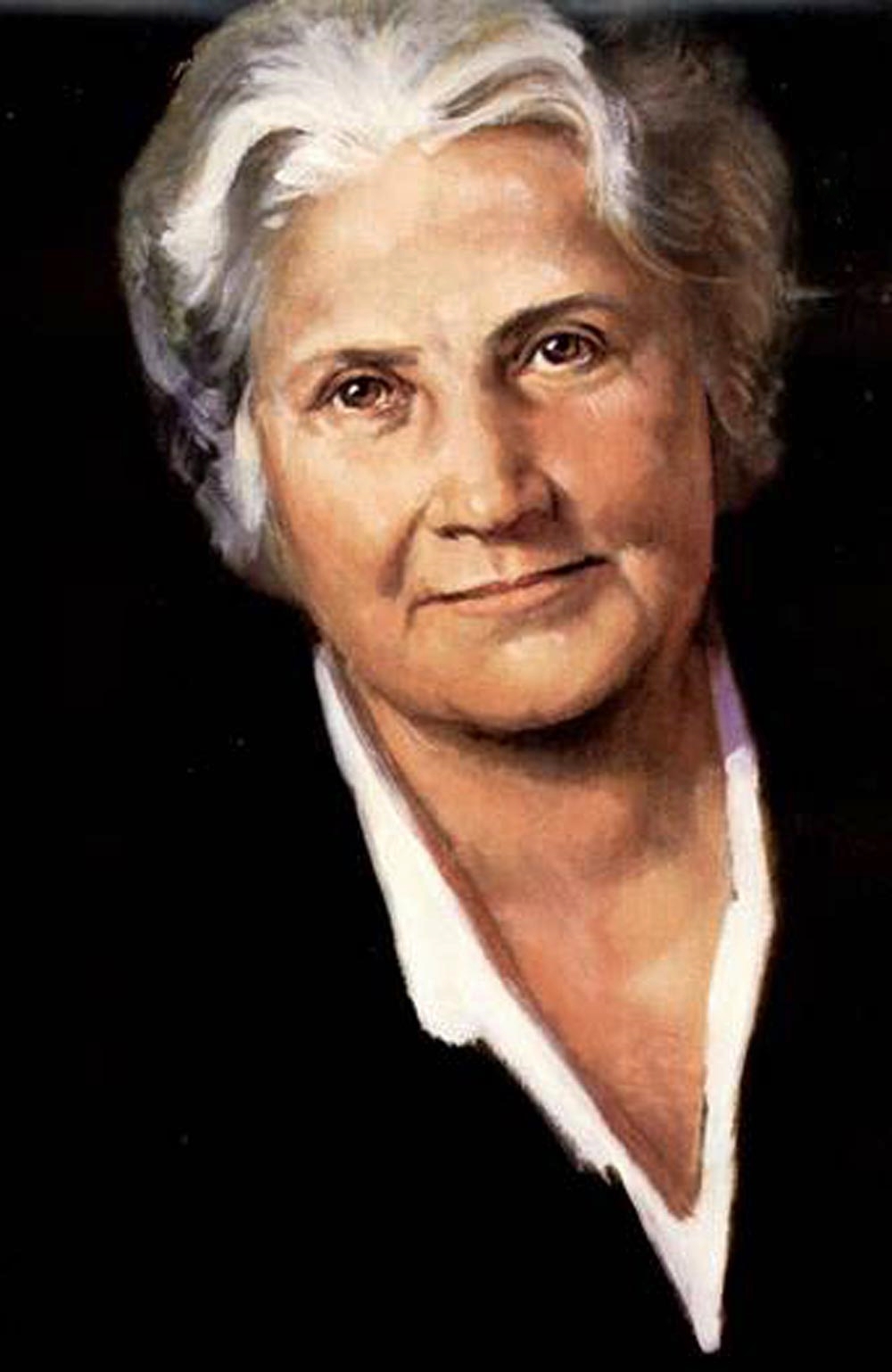By Richard Pimentel
Recently, an article titled The Simpsons as philosophy was brought to my attention. This article, written by philosopher Julian Baggini, deals with the philosophical significance of the famous Fox TV cartoon, The Simpsons. This is not the first writing about this purported partnership. The publishing company, Open Court, published a book titled The Simpsons and Philosophy. It is a collection of essays written by professional philosophers with the purpose of analyzing the philosophical concepts contained in the show. Open House has also published other books in the same vein such as Seinfeld and Philosophy, The Lord of the Rings and Philosophy, and The Matrix and Philosophy. Baggini claims in his article that The Simpsons “reveals truths about human nature that rival the observations of great philosophers from Plato to Kant” and it is “one of the greatest cultural artifacts of our age.” These are weighty claims. Of all the issues that the show deals with, the one issue that is emphasized by Baggini is religion. I’d like briefly to examine Baggini’s article with this in mind.
Two salient points Baggini makes stand out. Baggini claims that The Simpsons “actually does real philosophy and does it well.” What does it mean to do real philosophy? Is there a difference between philosophy and real philosophy? The remark is perplexing in that real philosophy is never explained. What is it that The Simpsons does with philosophical ideas that other shows do not? Maybe what is meant by “real philosophy” is that the show deals with the fundamental issues of life in an unrestrained and clear fashion. In order to get to the bottom of this, I went on Baggini’s website. Baggini does not clearly define “doing philosophy” or “real philosophy” other than stating that “doing philosophy may mean writing original papers for an academic audience.” There was nothing else on his website that could clarify this. This does not mean that Baggini has never provided a clear definition for real philosophy. Rather, one written by Baggini could not be found.
Baggini also claims that cartoons are the best form of illuminating our age. Cartoons, just like other forms of TV entertainment such as sitcoms, soap operas, and reality shows display and promote philosophical ideas and concepts. Some of this is done intentionally while others do it unintentionally. Regarding TV entertainment that intentionally accomplishes this, the difference is that some shows concentrate more on the fundamental issues of life (i.e. Can we know anything?, right and wrong, free will, meaning of life, God, etc.), while others tend to concentrate on the peripheral issues of life (i.e. consumer options, travel, relationship gossip, fashion, fads, etc.). The second point is that Baggini argues that human life is absurd and that “grand and noble theories about human history and destiny have collapsed.” If life was absurd, then where is the meaning and relevance in life? If we accept Baggini’s claim then his article along with The Simpsons–a show that he highly rates–is also absurd and therefore meaningless. Why would someone want to read an article or watch a show that is meaningless and, possibly, insignificant? I do not think that Baggini feels that his article and the show are insignificant. His claim that “grand and noble theories…have collapsed”, is certainly questionable. There are worldviews, such as theism, naturalism, and pantheism, that are still widely accepted and contain explanations about human history and destiny that many believe. It is dubious for Baggini to argue, without providing proof, that there are no theories that adequately explain human history and destiny.
When discussing religion, Baggini utilizes the episode titled “Homer the Heretic.” The episode revolves around religion and its role in the lives of some of the characters in the show. The episode begins with Homer telling his wife Marge that he will no longer be attending church. Homer decides that church attendance is not necessary to leading a morally upright life. This decision disappoints Marge and the remainder of the episode concentrates on Homer’s justification of his decision and attempts by his wife, his pastor and his Christian neighbor, Flanders, to change his mind. There are some funny moments but the episode is replete with stereotypes, like the fire-and-brimstone sermon, the image of God as vengeful, and the portrayal of born-again Christians as intolerant.
Baggini remarks that The Simpsons is brilliant in its dealings with religion but not because the show is trying to advance atheism or to negatively target “belief in God or the supernatural.” However, there is a problem with this remark. The “Homer the Heretic” episode on the Season Four DVD included the episode as seen on TV and includes remarks from the show’s principal writers. While I agree with Baggini that there is no clear atheistic propaganda on the part of the writers, their remarks along with some of the character’s dialogues reflect beliefs about the God of the Bible; beliefs that do target the Christian God and Christians and also contradict traditional Christianity. Here are some examples.
God is reduced to an accommodating and limited being who does not hold much relevance in our lives. In a dream in which he meets God, Homer is asked by God, “Does St. Louis still have a football team?” and God agrees with Homer that the church pastor is not doing a good job in his sermons that, according to Homer, are a waste of time. Why? Because Homer states, “Why should I spend half my Sunday hearing about how I am going to hell?” Bart rebukes his sister Lisa for praying in church when the church doors were frozen shut due to ice. He tells Lisa, “this is neither the time nor the place.” Homer tells his employer that he cannot come in because he is celebrating “a religious holiday.” In other words, God is important only when we have time for Him and when we agree with Him.
The writer’s comments about the episode also reveal a bit of a bias against belief in God and the supernatural. The first insight is regarding Flanders’ car chase. Homer’s evangelical neighbor, Flanders, is on a mission to convince Homer to come back to the church. Flanders along with his wife and kids are passionate about getting to Homer to the point that they get into a car chase with Homer. During the chase, Flanders’daughter refers to Homer as “the heathen.” One of the writers commented that Flanders is “at his evangelical best” in the car chase. The second insight occurs during the last scene of the episode. Homer was just rescued from a fire in his house. Once the fire is extinguished, Homer is sitting in his kitchen along with his family and neighbors. He claims that the fire and the subsequent rescue taught him an important lesson and, as a result, he will return to church. The important lesson that Homer learned is that “The Lord is vengeful.” Regarding this comment, one of the writers remarked that it is easy to get this lesson from the Bible. This is clearly a mischaracterization on the part of the writer.
These insights along with other issues, such as the stereotyping of Christians in the form of Flanders excessive zeal and the pastor’s damnation sermons, leads one to believe that Baggini is incorrect in his assessment of the main target of the show. Along with this, Baggini overstates the philosophical significance of The Simpsons by comparing its revelatory power with the great philosophers from Plato to Kant. Still, the show deserves credit for tackling such an important issue as religion and other fundamental issues of life along with producing some funny moments.








/Mary-Wollstonecraft-x-162279570-56aa24f45f9b58b7d000fc2b.jpg)
